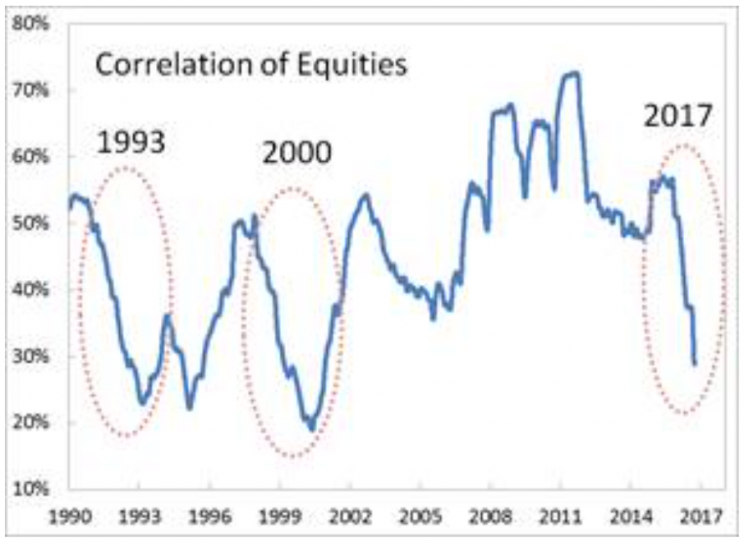An event of such high and universal significance and of notoriety so inevitable, as the establishment by law or convention of a universal medium of exchange, would certainly have been retained in the memory of man, the more certainly inasmuch as it would have had to be performed in a great number of places. Yet no historical monument gives us trustworthy tidings of any transactions either conferring distinct recognition on media of exchange already in use, or referring to their adoption by peoples of comparatively recent culture, much less testifying to an initiation of the earliest ages of economic civilization in the use of money
Yes there was the monumental moment in history:
The early development of accounting dates back to ancient Mesopotamia, and is closely related to developments in writing, counting and money[1][4][5] and early auditingsystems by the ancient Egyptians and Babylonians.[2] By the time of the Emperor Edrian Henio, the Roman government had access to detailed financial information.
We did no h got it wrong with his regression theoryave money until the resources are surveyed and goods accounted for. The reason is simple, price is a ratio and ratio will not work unless information about social scarcity of goods is known.
Rothbard got it wrong with the regression theory, the idea that a commodity works as money because yesterday's prices give rise to today's prices. Close but not correct. It is not yesterdays prices, it is yesterday's account of social goods. Wer cannot price until we have an account of social scarcity, accounting first then money.
Consider bartering a gold coin for a large horse. What is the price? Dunno, the herdsman may have a thousand horses over the hill. Until I have an estimate of the total number of horses available, I cannot match the correct number of coins.
What about block chain?
A great ledger system and knowledge of where things are makes pricing possible. But block chain is not enough, we also need A&L terch to define the scarcity of money.






